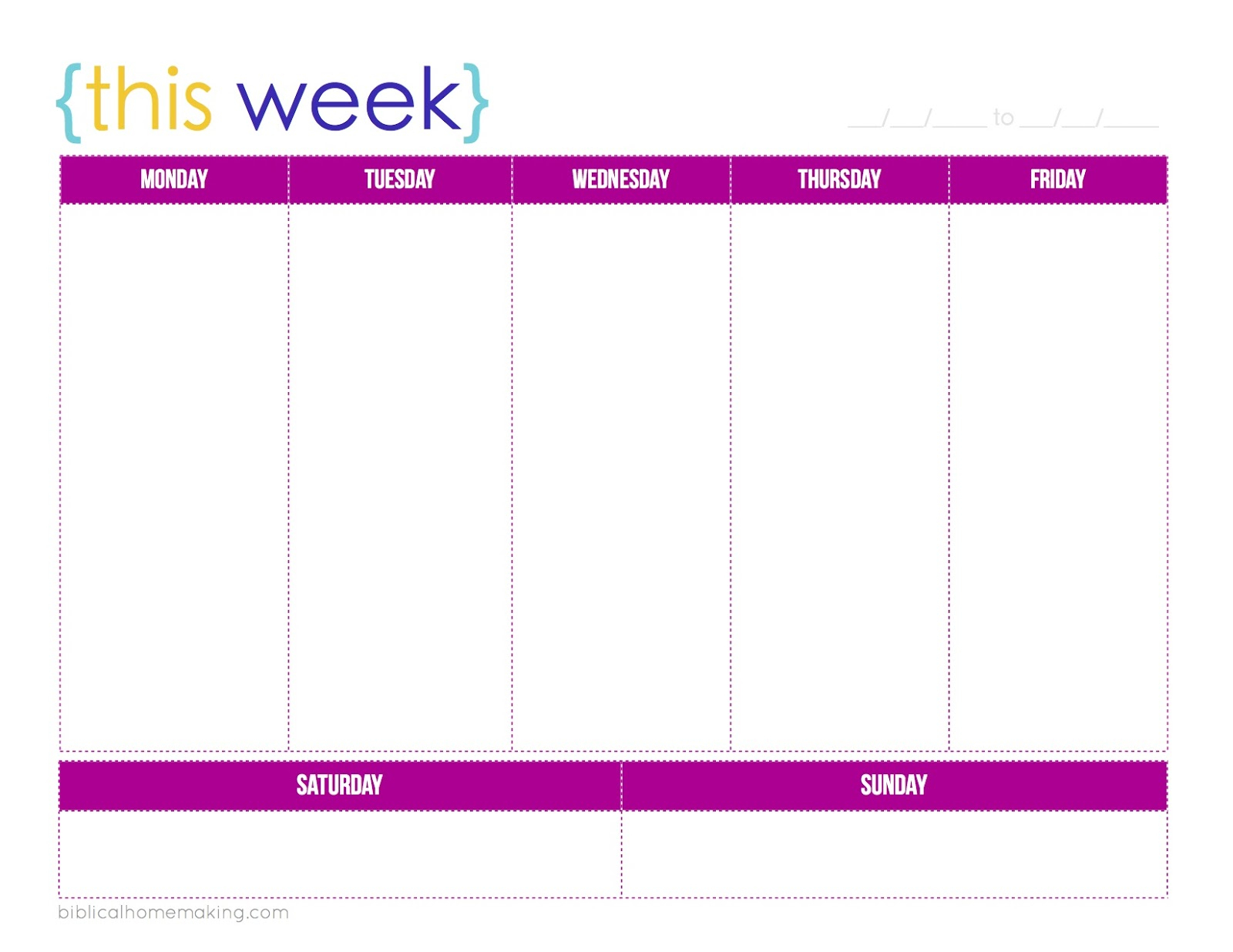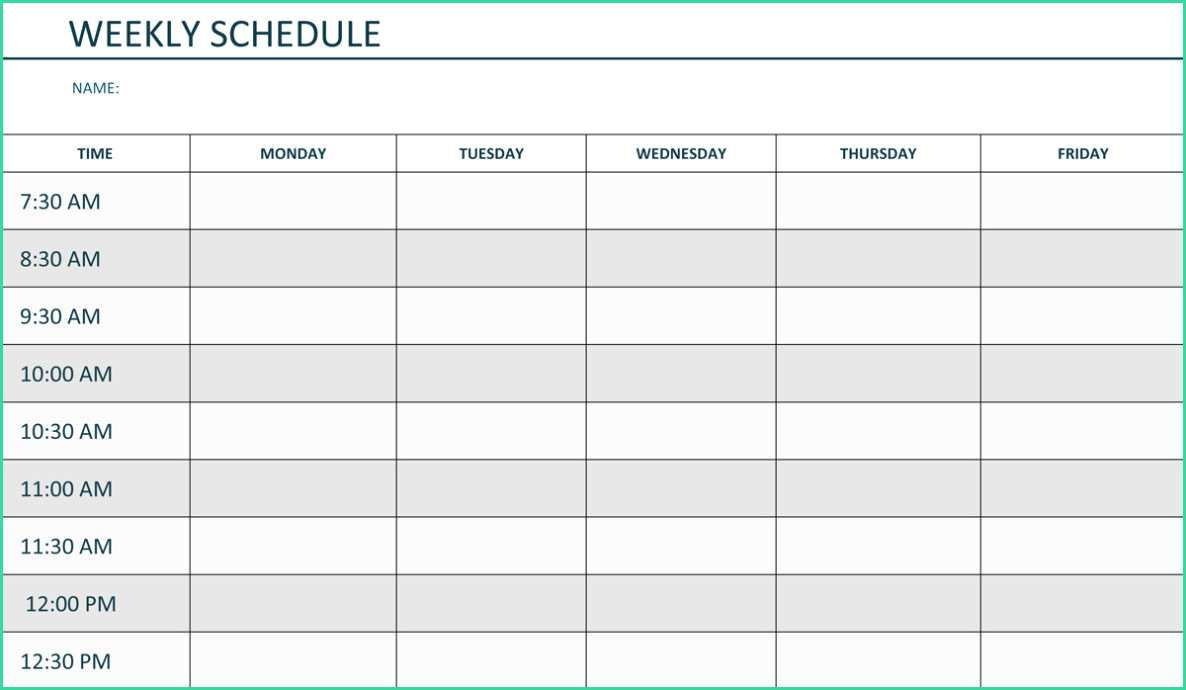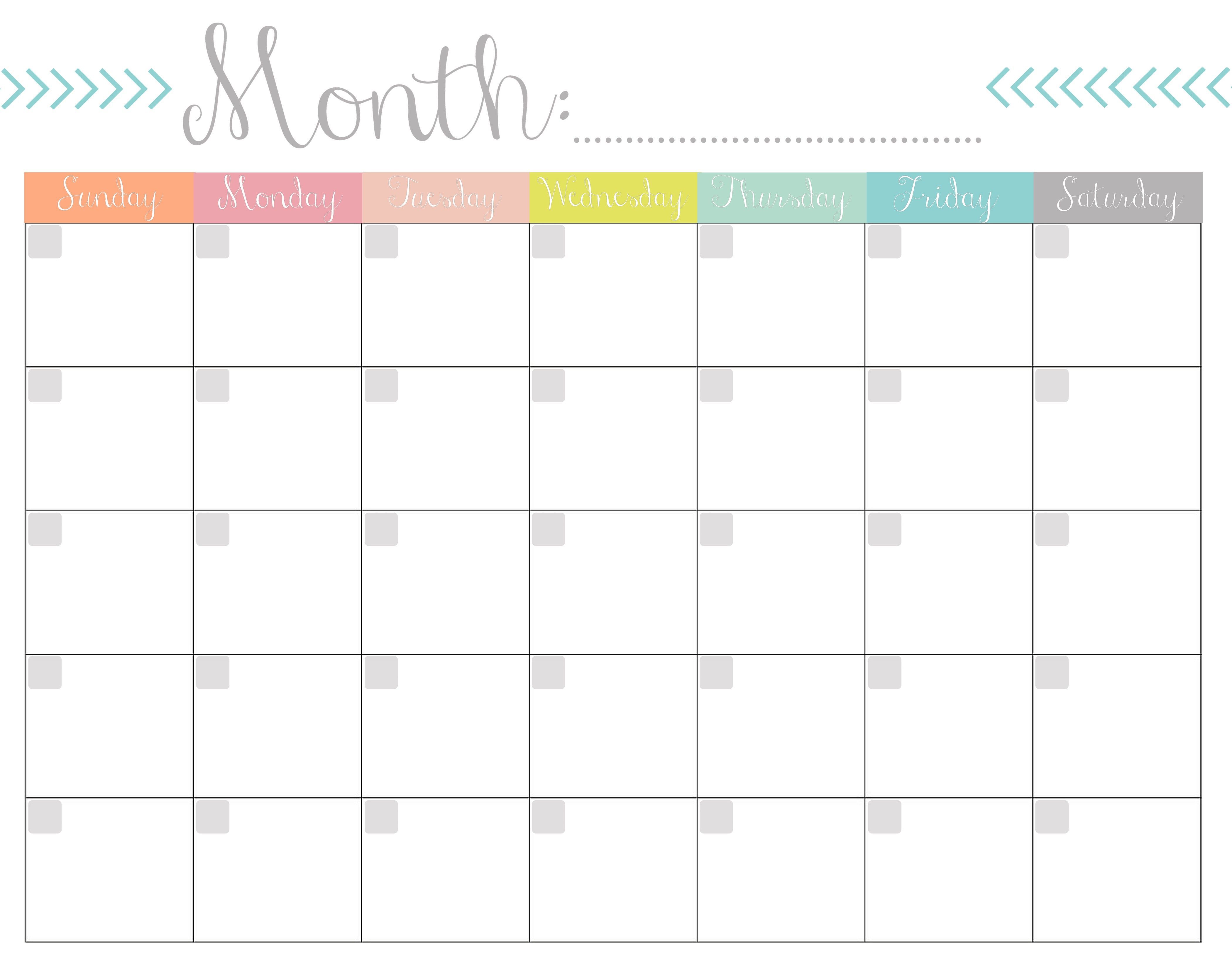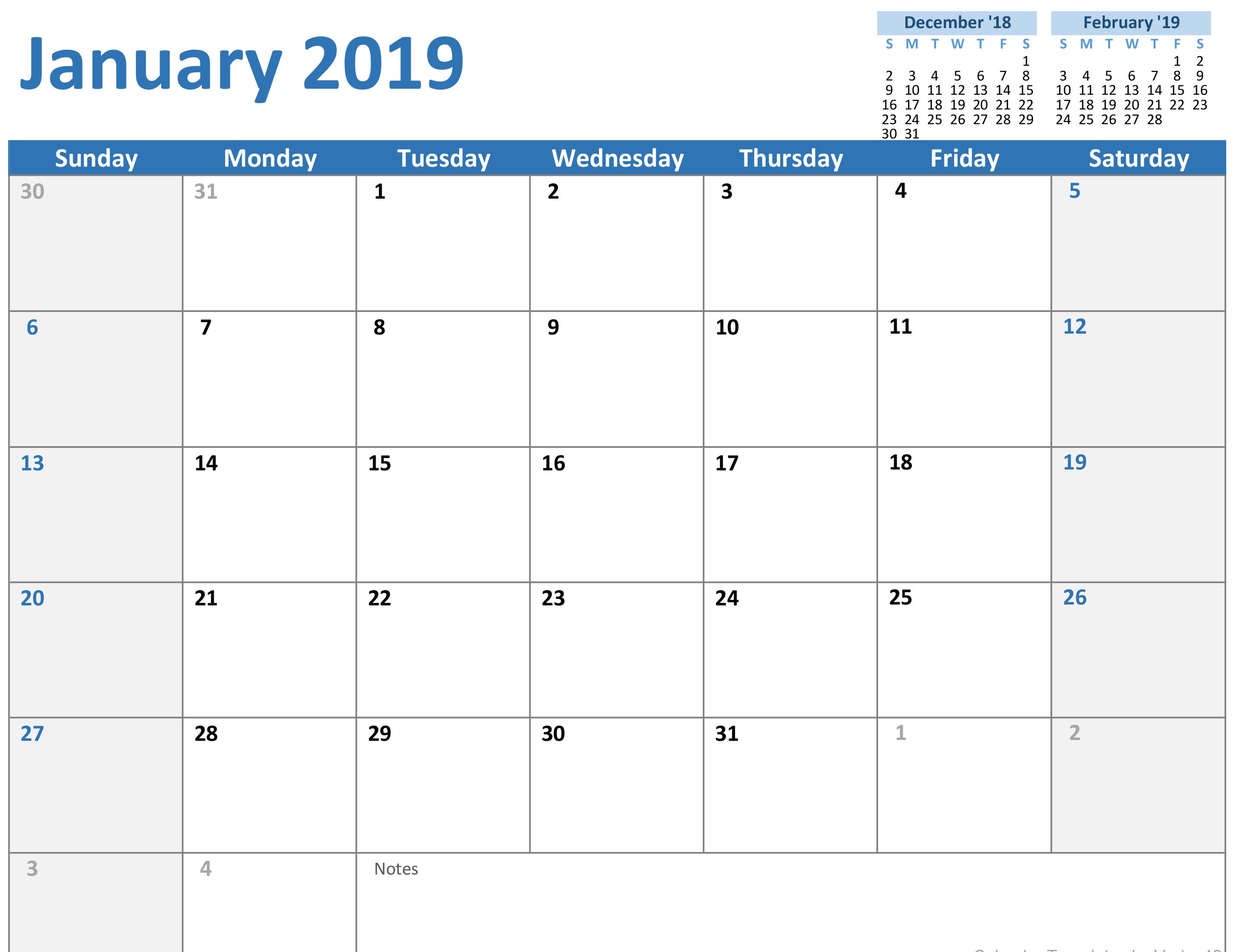Word Of The Day Calendar. Heiligenschein (plural Heiligenscheine) is from German, in which it means "halo" or, literally, "saint's shine.". As we learned from the Word of the Day rhotacize, s and z sounds often become r in numerous world languages, and both English and Latin are no exceptions. Words of the Day and other teaching resources to learn vocabulary with The New York Times. Here are some reasons why a good word of the day calendar is a hit with people: It is a great way to learn new vocabulary. Learn a new word every day with the Word of the Day from Merriam-Webster, the most trusted authority on American English. You May Be Surprised By The Famous Folks Who Weighed In On The Matter.
![26 Blank Weekly Calendar Templates [PDF, Excel, Word] - Template Lab](http://templatelab.com/wp-content/uploads/2016/09/weekly-calendar-template-02.jpg)
Word Of The Day Calendar. What is the origin of logophile? Schein means the same thing as its English relative shine. As we learned from the Word of the Day rhotacize, s and z sounds often become r in numerous world languages, and both English and Latin are no exceptions. Click through to find what the word means, and examples of how it might be used. The form -phile can also be found in the Words of the Day. Learn a new word every day with the Word of the Day from Merriam-Webster, the most trusted authority on American English.
Pride is a thing which should be unnatural to us, for we have nothing to be proud of.
There is no wisdom in a self-exaltation.
Word Of The Day Calendar. It's interesting to me just how many things that we do or take for granted were designed in the distant past. This DAILY packet allows ALL your students to participate in calendar every day. People love the word of the day calendars because they are a fun and easy way to learn new words. Heiligenschein (plural Heiligenscheine) is from German, in which it means "halo" or, literally, "saint's shine.". It reviews the date, weather, days of school, tallies, money number, number words as well as reviewing a different math strategy each day. What is the origin of logophile?










